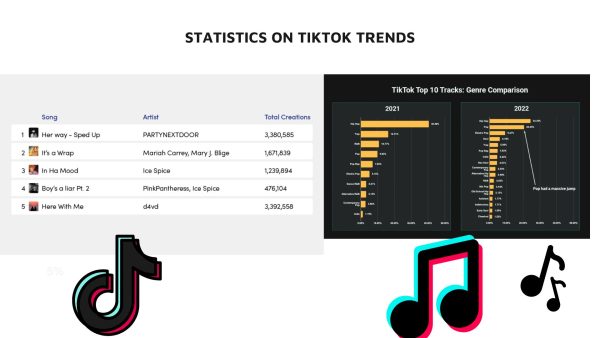Legalization of marijuana goes into affect in Janurary
Taboo, a social or religious custom prohibiting or forbidding discussion of a particular practice or forbidding association with a particular person, place, or thing. In today’s society, it may be hard to find topics that are fitting under this word. However, despite the growing numbers of acceptance, one topic that could be felt as though is still a struggle of conversation among multiple generations is the use of marijuana. Now that multiple states have legalized the substance, there may be a few concerns regarding the abuse of the substance, how people under the influence of marijuana will be handled, and other various safety hazards.
“I hope that it will be a good thing. There’s been a lot of use of it over the years, and all substances can be abusive, but when you deal with individuals under the influence of substances, that is generally not someone who is aggressive. Especially compared to someone who may be under the influence of alcohol. So hopefully it will be used in the right way,” said resource officer Mario Balarin.
With the legalization of marijuana comes economic changes to the state of Illinois as well. According to the “Chicago Tribune,” Illinois dispensaries sold more than $19.7 million in recreational marijuana the first 12 days of sales.
“I think that the legalization of marijuana will benefit Illinois because of the money the state will make from it. I know that there is a high tax on marijuana being sold in dispensaries which will bring in more money for the state,” senior Kylie Stoneham said.
Parents and trusted adults may be sharing concerns about the health effects that marijuana may have on the body. With over 94 million people have admitted to using marijuana at least once, according to drugfreeworld.com, it may be important to acknowledge the long term effects marijuana has on the body.
“Users can experience memory loss, increased risk with lung disorders such as cancer, as well as a loss of motor function and coordination. Marijuana use can impair students by impairing their ability to recall information as well as a decrease in the ability of maintaining attention which would impact their ability to perform in school,” health teacher Carolyn Gaffke said. “The brain does not stop developing until well into the 20s, and so by using a substance like marijuana, we will be impacting the development of the brain which could impact our reward center.”
The community may also undergo different changes when it comes to the legalization of marijuana. With the opening of dispensaries and the possibility of job regulations being put into place regarding marijuana, it can be interesting to discover what citizens predict for the future of the community.
“I think that because Illinois has legalized marijuana, there may be a rise in people visiting the state because it’s not legalized in many states. This will cause the population of people that come to Illinois to grow. I also think that places of business may have to change their policies regarding marijuana or they may have to create stricter guidelines,” Stoneham said.
In regards to keeping the community safe, there may be a few things that can be enforced. The community will take one step at a time to become accustomed to this change.
“We just have to enforce all the laws that we can regarding the use of marijuana. There’s going to be a lot of learning curves that come with it, but we’re in the early stages of it, so we’re just going to make sure we follow the laws regarding its use,” Balarin said.
With the legalization of marijuana, citizens may wonder what changes may occur within the curriculum of schools. Will students be taught about the use of it differently? How will this affect their learning? These are all questions that citizens may have regarding the recent change in laws.
“I don’t think Mrs. Smith or I will change anything about how we teach students about the drug. We talk about legalization, and though the drug is legalized on the state level, it is still a Schedule 1 Drug which is illegal on the Federal level,” Gaffke said.






